The integration of refugees and migrants is a problem the EU will be facing for a long time to come. One of the reasons is that the public lump the two groups together. But that is wrong, because these are two very distinct groups. One comprises people who leave their country of their own free will in search of a better life. The second group are people forced to do so, fleeing from unrest in their own countries. Their adaptation to European norms and way of life is a challenge the member countries are finding it hard to cope with. Refugees quickly form compact communities, turning the neighbourhoods they live in into ghettoes, become encapsulated and living by their own rules, in the face of which even the police are helpless. Their refusal to adapt to the environment they find themselves in means they are doomed to social exclusion. And the road from that point to radicalization is but a short one.
It takes a lot of work with vulnerable groups to make the fight against terrorism effective. That is why any initiative in this sphere is more than welcome as long as it has a positive effect. Guided by this idea, the Bulgarian Red Cross, in partnership with the State Agency for Refugees and the Interior Ministry, will implement the project “Assistance for Integration” with project leader Nikolay Todorov:
 “The target group of this project are all citizens from third countries, residing on the territory of the Republic of Bulgaria legally – asylum seekers who have submitted an asylum application, but also people who have already been granted asylum – refugee or humanitarian status. Excluded from this group are the people posted abroad, people with some kind of visa, or school and university students. We have assumed the commitment to support at least 1,300 people.”
“The target group of this project are all citizens from third countries, residing on the territory of the Republic of Bulgaria legally – asylum seekers who have submitted an asylum application, but also people who have already been granted asylum – refugee or humanitarian status. Excluded from this group are the people posted abroad, people with some kind of visa, or school and university students. We have assumed the commitment to support at least 1,300 people.”
The Bulgarian Red Cross’ commitment covers 36 months and the budget is 600,000 Leva. Under the project, assistance will be offered to the refugees from the registration centres in Sofia and in the region of Haskovo. This assistance will include administrative and legal consultations, translation in contacts with different institutions, help in finding work and a general practitioner, as well as meetings to discuss the rights, obligations and norms asylum seekers in this country must observe. Many of the people want to know what their rights in the EU are, as their stay in Bulgaria is but temporary – their final destination being some country in Western Europe, where the standard of living is higher. Some of the refugees are in need of psychological help so that the spectre of war they are running away from will not haunt them throughout their lives. Others are finding it difficult to cope with what they have been through during their passage to Europe. While they are here, in Bulgaria, the citizens of third countries can also attend Bulgarian language courses, while the children go to school. Nikolai Todorov says that more and more people are studying and are adapting well to the new environment. Mariana Stoyanova, head of the Bulgarian Red Cross refugee-migrant service says that refugee centres are only 20 percent full. And adds that the number of people granted status and residing on the territory of Bulgaria varies and even the Interior Ministry has no reliable data on the matter.
English version: Milena Daynova
Serbians around the world mark one year after Novi Sad tragedy On November 1, Serbians abroad will join the call of students in Serbia to mark the anniversary of the collapse of the canopy of the Novi Sad railway..
"We cannot escape from modern technologies, but we must think about how we can use artificial intelligence to improve the quality of education without losing human contact," said Mimi Nicheva, head of the Bulgarian Sunday School "Sts...
Nearly two centuries ago, in the distant 1838, the Bessarabian Archbishop Dmitry Kishinev and Khotinsky consecrated the magnificent Orthodox church "The Holy Transfiguration of the Lord" , built with voluntary donations and labor by the Bulgarian..
On November 8 in Hall 11 of the National Palace of Culture, Bulgaria’s best masters and artisans will be awarded for the third time. The founder and..
Fertility Europe , the pan-European organization that represents patient associations focused on infertility issues, has announced the start of the 9..
Today, in the Radio Bulgaria studio, we welcomed Helmut Matt – a writer, radio journalist and poet, who has maintained a special connection with Bulgaria..

+359 2 9336 661
